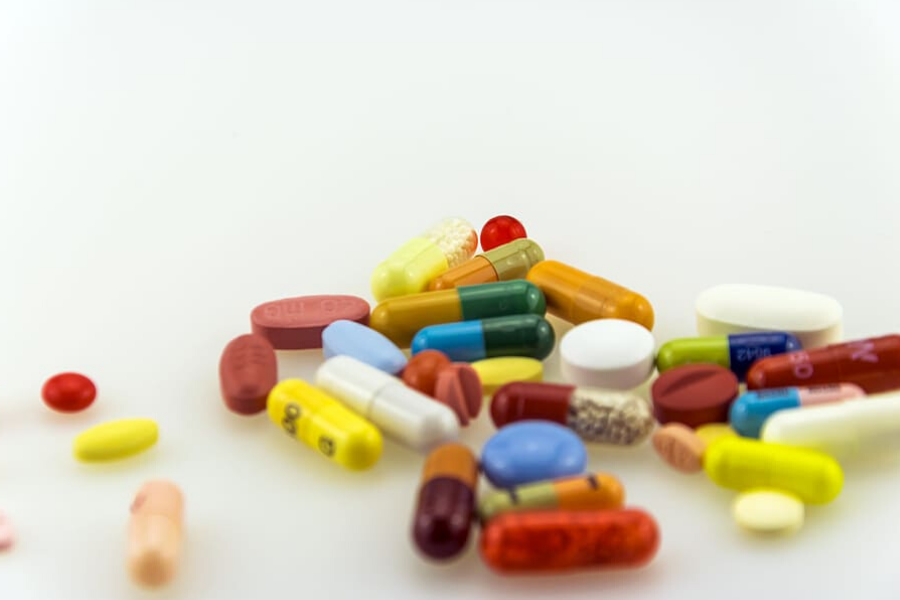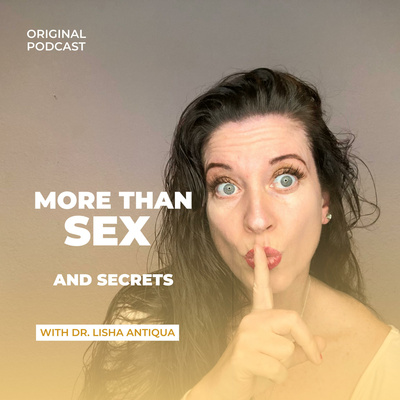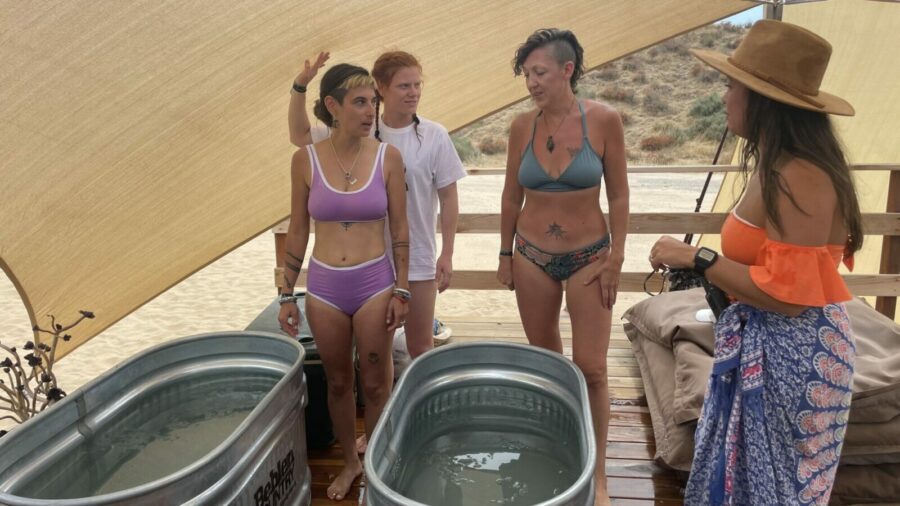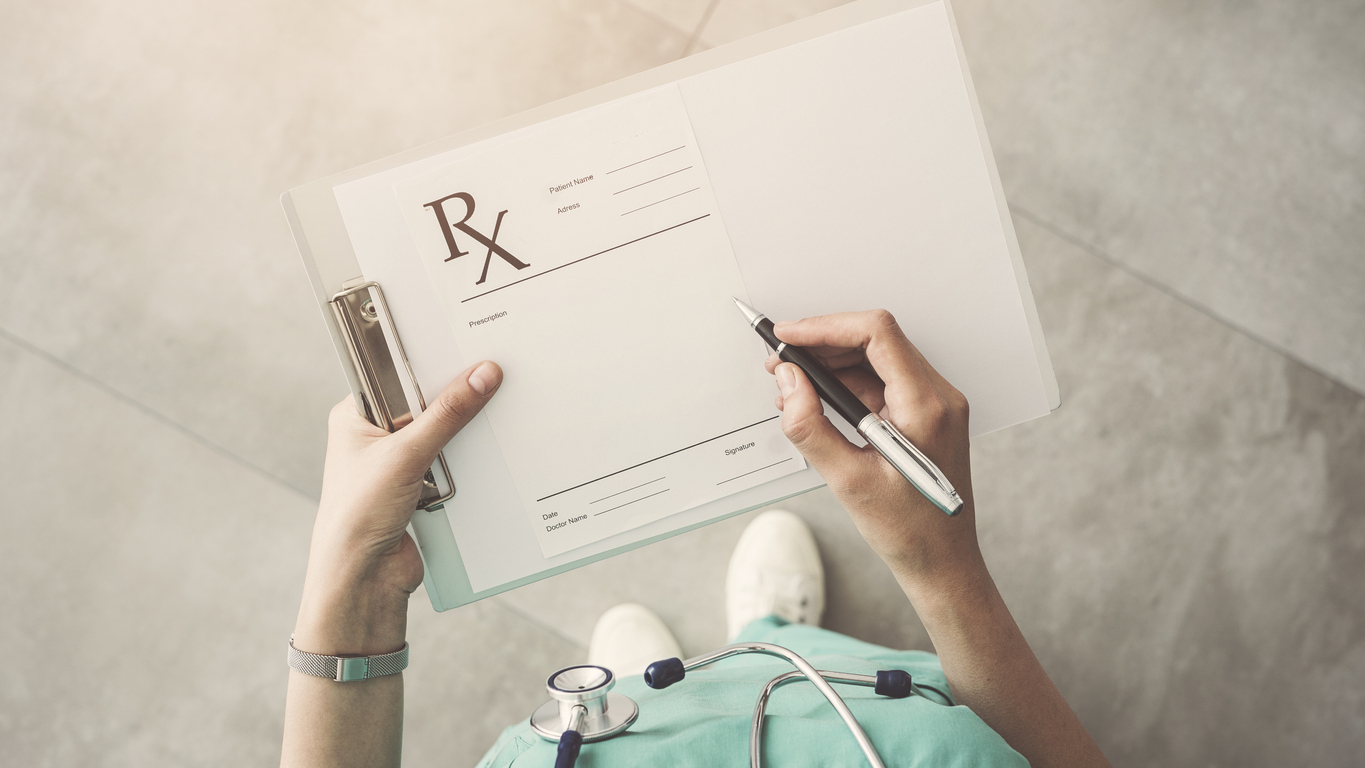I have seen so many various ideas for combatting COVID-19 (coronavirus) flying around the internet and it’s really gotten me thinking about how humans tend to behave in times of stress. One intervention that I keep seeing is the idea to make your own cloth masks to protect yourself from coronavirus. I can completely understand why some folks would think this is a good idea, but from a scientific point of view, there are a lot of issues. Here are my concerns:
1) A study published in BMJ in 2015, found that healthcare workers who wore cloth masks were significantly MORE likely to contract an influenza-like illness. The authors cautioned healthcare workers against wearing them, and particularly in high-risk situations.
2) Laypersons who are not trained in infection control and sterile techniques may not be correctly using the masks and this can definitely lead to increased disease transmission. For example, wearing a mask can make it MORE likely that you will touch your face, which is a good way to increase your risk of infection.
3) Wearing a mask can give people a false sense of security. In other words, people may engage in riskier activities like going to public places and not distancing themselves at least 6 feet from other people. All of these behaviors increase the likelihood of transmitting COVID-19.
4) These types of masks (and surgical masks) were NEVER designed to protect the wearer. The intention has always been to protect other people. If someone has a confirmed case of COVID-19, it is a good idea for them to either remain isolated, or wear a mask if they have to be in contact with other people. Since they already have the illness, its not worrisome that they could catch it. But for everyone else, it’s clear that wearing these masks could make it more likely that you become infected.
5) Many people are collecting fabrics, sewing masks at home and then giving them away or selling them. However, experts have found that COVID-19 CAN live for a period of time on different surfaces, including possibly on fabrics. So, what if we are actually exposing people MORE by creating and dispersing these fabric masks that could potentially be contaminated with coronavirus?
While the science behind the use of cloth masks may not be 100% clear at this time, what is clear is that the NUMBER ONE way to protect yourself and everyone else from spreading coronavirus is to STAY HOME.
Ironically (or maybe not!), the one intervention that is the most likely to save everyone is to DO NOTHING! But as humans, we are historically quite horrible at doing nothing. Let me give you two other examples.

We know without a doubt that for the majority of illnesses (especially viral ones), antibiotics will NOT HELP. Antibiotics are extremely effective for some very specific bacterial infections. However, for the majority of illnesses, they do not help and in fact do quite the opposite. Taking antibiotics unnecessarily can lead to a whole host of problems including disrupting our gut microbiomes, which has been linked to: weakened immune system, diabetes, obesity, inflammatory bowel disease, asthma, rheumatoid arthritis, depression, and autism. In addition, the overprescribing of antibiotics has led to the development of antibiotic-resistant bugs like MRSA. However, patients commonly demand that their healthcare provider prescribe antibiotics for them, and healthcare providers many times acquiesce. This is another example of when “doing nothing” (resting, allowing the body to recover on its own) is many times much more effective and healthier than “doing something” (taking potentially harmful antibiotics).
Another example that I see frequently is that when folks are experiencing mental health symptoms like anxiety and depression, many times their first instinct is to request an antidepressant or anti-anxiety medication. However, yet again, we know that this is many times not the best intervention, and taking psychotropic medications causes a long list of side effects and has longterm repercussions to our health. However, some of the most effective interventions for depression and anxiety involve NOT doing things that we have been doing. Interventions like stopping alcohol and drug use, not eating sugar and other unhealthy foods, and reducing stress in our lives are frequently more effective than taking medications.
There are many more examples of how “doing nothing” can be much better than “doing something.” I understand that our natural instinct is to “do something,” especially during times of stress. However, I would like to suggest that we all consider stepping back, taking a deep breath, and thinking before we jump into “doing something.” Perhaps if we all did a little more nothing, that would actually be something!






Thank you for sharing this information.
Excellent advice!! Thank you
I differ. We should all be wearing masks to protect ourselves and decrease the transmission rate. This virus is dormant in an infected person for possibly 10 days. The virus stays suspended in air in a droplet from a cough. A mask reduces your risk of infection.
The CDC has changed their opinion on masks. Wearing a mask keeps the transmission rate down.
Thanks for your comment! I realize there are differing opinions on this, however I feel there is enough evidence to support the idea that cloth masks worn by laypersons can do more harm than good. I realize the CDC has changed their opinion on this, but I feel (as do many of my colleagues) that this was done simply because of the shortage of PPE facing our country, and not because it was evidence based. My concern is that laypersons wearing masks can potentially cause increased disease transmission due to the reasons described in this post (and as was found in the cited study).